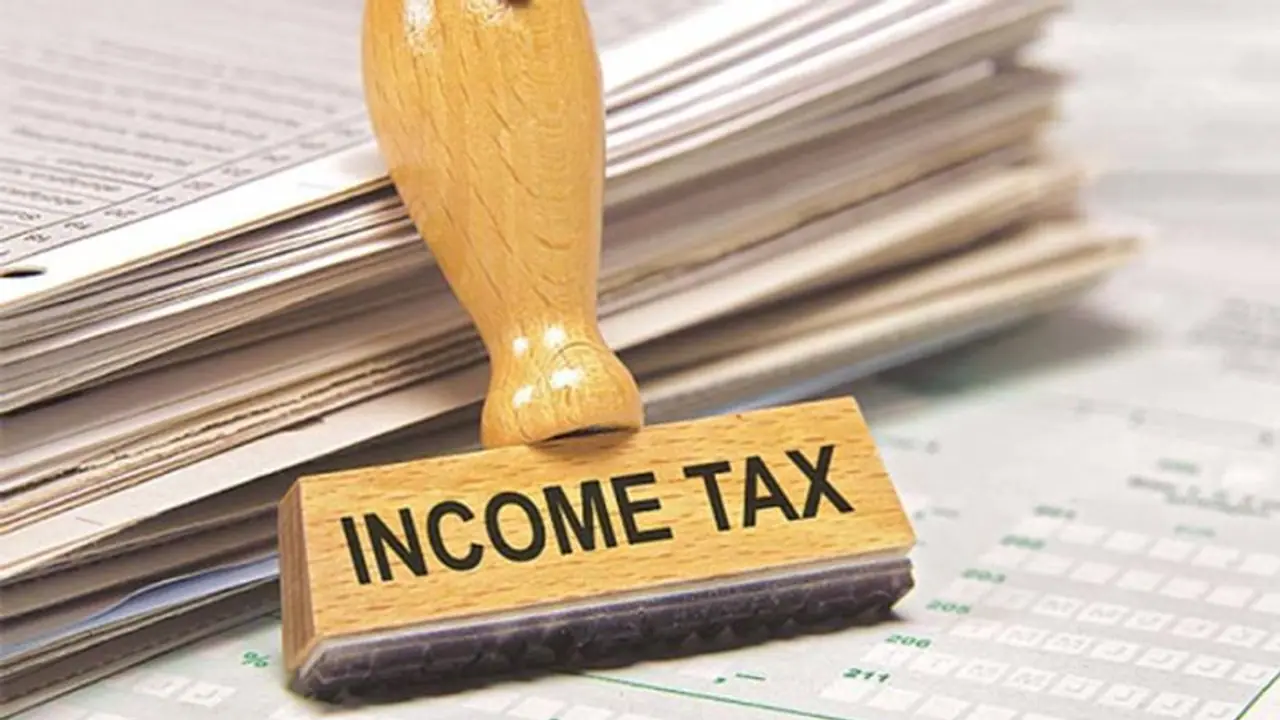However, FM Nirmala Sitharaman announced parents/ guardian can take insurance. Annuity and lump sum received to parents or guardians attaining 60 years during lifetime of the disabled person, eligible for tax relief.
In a huge disappointment for salaried individuals, Finance Minister Nirmala Sitharaman did not announce any change in income tax slabs for 2022-23. The income tax rates for 2022-23 were also not revised.

The news could be a setback for taxpayers who were hoping that the government will increase the income tax slab. The income tax limit has not been increased in the last couple of years.
"To align individual tax rates with corporate tax rate, it is advisable to reduce the highest tax rate of 30% to 25%... Therefore, the proposed highest slab rate (including surcharge and cess) can be reduced to 35.6% from 42.7%," Deloitte India had said in its report.
Meanwhile, Nirmala Sitharaman announced a new tax rule for taxpayers where a taxpayer can file an updated return on payment of taxes within two years from the end of the relevant assessment year. This is a new provision which will ensure voluntary tax filing and reduce litigation, the FM said.
However, FM Nirmala Sitharaman announced parents/ guardian can take insurance. Annuity and lumpsum received to parents or guardians attaining 60 years during lifetime of the disabled person, eligible for tax relief.
Further Sitharaman announced 30% tax on proceeds of virtual/digital assets. “I propose to provide that any income from transfer of any virtual digital asset shall be taxed at the rate of 30%. No deduction in respect of any expenditure or allowance shall be allowed while computing such income, except cost of acquisition,” the FM said.
Also read: Budget 2022: E-passports to be rolled out in 2022-23, announces FM Sitharaman
Taxation of virtual digital assets – any income from taxation of virtual digital assets taxable at 30 per cent. TDS will be applicable beyond a specified monetary threshold, the FM said.
FM Nirmala Sitharaman further said that deduction for employer contribution to NPS increased from 10 per cent to 14 per cent for state govt employees on par with central govt employees. Not extended to non-govt employees.
New tax regime
Although Sitharaman has not changed tax slabs and rates, she introduced a new tax regime in budget 2020. Under the new tax regime, the tax rates are reduced for those willing to forego tax exemptions and deductions. The new tax regime remains optional for taxpayers. This means a taxpayer has the option to either stick to the old regime or choose the new one.
• Currently, income up to Rs 2.5 is exempt from taxation under both regimes.
• Income between Rs 2.5 to Rs 5 lakh is taxed at the rate of 5 per cent under the old as well as the new tax regime.
• Personal income from Rs 5 lakh to Rs 7.5 lakh is taxed at a rate of 10 per cent under the new regime
• Income between Rs 7.5 lakh to Rs 10 lakh is taxed at a rate of 15 per cent under the new
• However, under the new regime, there are three slabs above Rs 10 lakh.
• Personal income between Rs 10 lakh and Rs 12.5 lakh is taxed at a rate of 20 per cent under the new regime.
• Income from Rs 12.5 lakh to Rs 15 lakh is taxed at 25 per cent
• Income above Rs 15 lakh is taxed at a rate of 30 per cent.
Old tax regime
• Currently, income up to Rs 2.5 is exempt from taxation under both regimes.
• Income between Rs 2.5 to Rs 5 lakh is taxed at the rate of 5 per cent under the old as well as the new tax regime.
• Personal income from Rs 5 lakh to Rs 7.5 lakh is taxed at a rate of 15 per cent under the old regime
• Income between Rs 7.5 lakh to Rs 10 lakh is taxed at a rate of 20 per cent in the old regime
• Under the old regime personal income above RS 10 lakh is taxed at a rate of 30 per cent.
The income tax slabs have not been changed since 2014. The basic personal tax exemption limit was last revised in 2014. Presenting the first budget of Prime Minister Narendra Modi-led government in 2014 the then Finance Minister Arun Jaitley raised the basic income tax exemption limit from Rs 2 lakh to Rs 2.5 lakh. For senior citizens, the exemption limit was increased from Rs 2.5 lakh to Rs 3 lakh. The basic exemption limits have not been changed since then.
Also read: Budget 2022: FM announces completion of 80 lakh homes under PMAY, allocates Rs 48,000 crore
